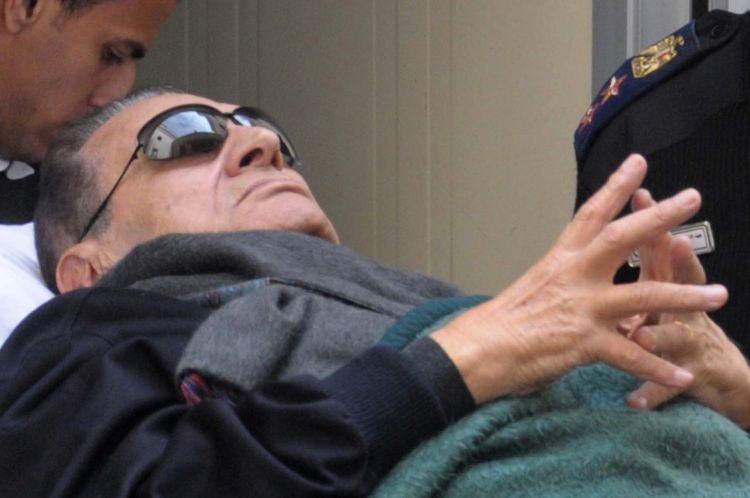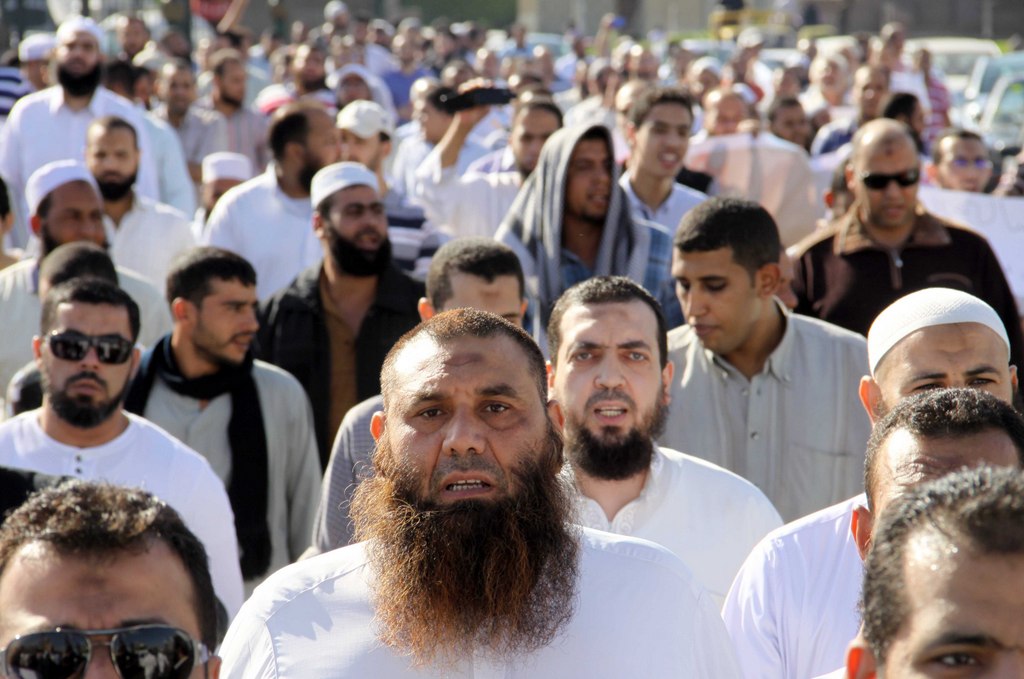DOHA: What if the American essayist, Samuel Huntington, the father of the “clash of civilizations theory, had it wrong? The notion could fly in the face of the widening chasm between public opinion in the Western world and in Arab countries.
Let us try and understand the reasons for this divide starting from two issues that underpin the discourse of political leaders in the Middle East and, more generally, the so-called “Arab street . Whether on the Israeli-Palestinian conflict or the place of religion in public life, words seem to have a different meaning in Washington, Paris and Cairo.
In regard to the Palestinian problem, Arab leaders have a field day accusing us Westerners of double standards, on the (probably correct) assumption that concepts such as the “international community , “democracy or “respect of elections are invoked by us only when it serves our interests.
The unavoidable consequence is that the other side cannot be trusted. And then a dialogue becomes difficult.
The same applies to respect of religion. On one side, we in the West raise high our covenants, conventions and resolutions on freedom of expression and human rights – as well as our inalienable right to criticism – which have by now become our Decalogue. The other side then espouses the sanctity of Islam and argues that it should be kept immune from mockery and satire.
But mostly we are confronted with our own interdictions. Under cover of memorial laws – in France on the Holocaust, the Armenian genocide and slavery – we have our own taboos too. We hold ours as legitimate taboos, whereas those of others..
In this dialogue of the deaf, the media play an essential role. They can either help to build bridges or pour oil on the fire of controversy.
It was this observation that brought about the idea of creating a center for freedom of information in Doha with the aim of securing media freedom through a dialogue between journalists from different cultures and religions, and by helping journalists and media suffering persecution, and providing a safe house for journalists who are under threat in their own country.
This is the first time that an international organization advocating the defense of human rights and freedom of expression worldwide has been set up beyond the Western world. It will be instrumental in defusing the argument according to which human rights advocacy is the playing ground of the West and all too often serves as an excuse for the promotion of its own interests.
So then, why Qatar?
Because this small country views mediation as its calling. Qatar has displayed its mediation ability in Lebanon, with its sponsorship of the intra-Lebanese dialogue this past May, the results of which are well known. It also played a major role in the July release of the Bulgarian nurses held in Libya. Its current efforts to find a solution to the Darfur drama are also making the headlines.
But Qatar is above all one of the rare, very rare countries where Israelis and Palestinians can meet face to face. The governing bodies of the center include key figures from the Arab and Jewish world, as well as political leaders from the North African and Gulf countries. This important fact should ensure that the center’s activities will not, for a change, be strictly rhetorical.
The idea is not to add yet another call for dialogue and tolerance to the long list of appeals that have remained a dead letter to this day, but rather to craft tangible responses, visible advances, modest though they be. In this regard, the center has initiated, together with the Samir Kassir Foundation, a meeting of the Lebanese media for the purpose of preparing a “Code of Good Conduct , on the belief that a vibrant, uninhibited, uncompromising dialogue is always better than in-fighting, name-calling and intimidation.
Will the Center generate a different perception? And a different perception of human rights that have been so sorely discredited by certain policies that seek to impose them at gunpoint? For such is the challenge: proving Huntington and his theory wrong.
Robert Ménard is director-general of the Doha Center for Media Freedom. This article originally appeared in La Tribune des Droits Humains and was written for the Common Ground News Service (CGNews).

